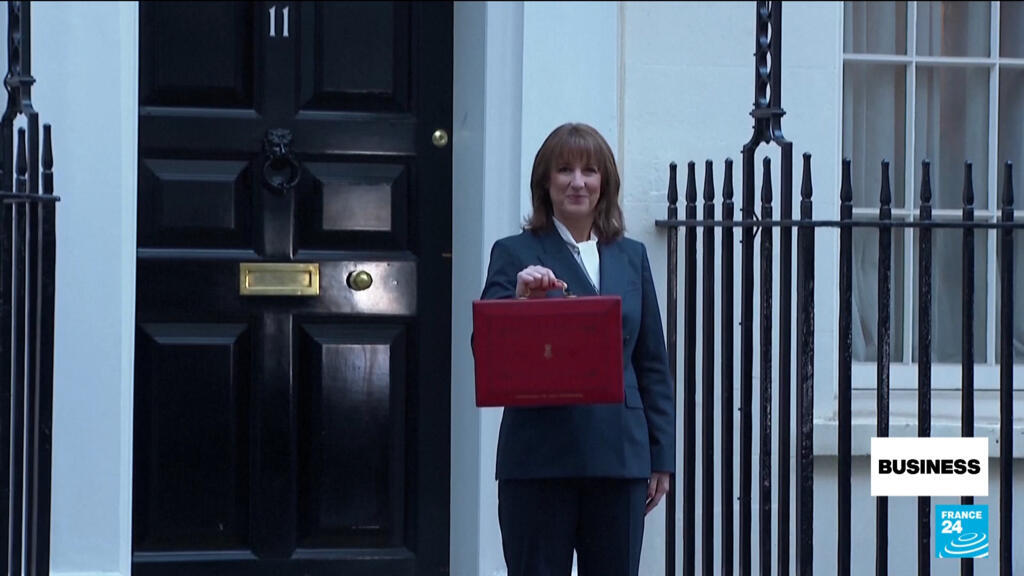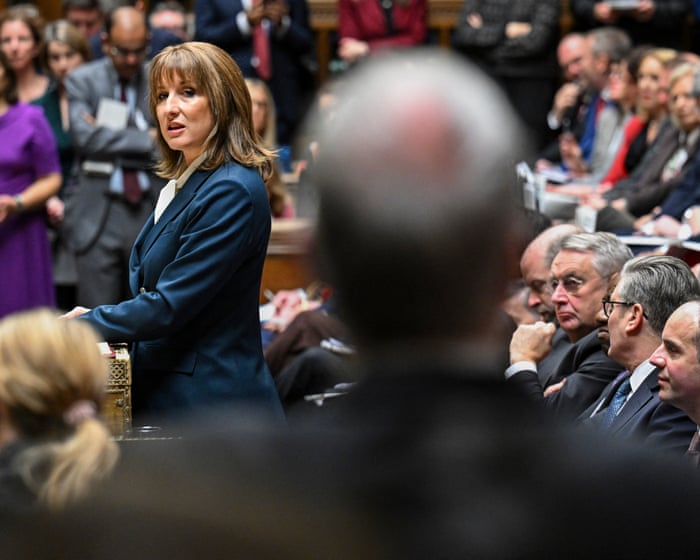‘Spend now, pay later’: Reeves’ Budget delays the fiscal pain
NeutralFinancial Markets

- Chancellor Rachel Reeves' recent budget announcement has been characterized by the Office for Budget Responsibility (OBR) as a strategy to delay fiscal pain, suggesting that she is now more likely to meet her fiscal rules without additional policy changes. This approach indicates a shift in fiscal management amidst ongoing economic challenges.
- The implications of Reeves' budget are significant for the UK economy, as it reflects a balancing act between increasing government spending and maintaining fiscal discipline. The OBR's assessment may bolster confidence among investors and stakeholders in the government's financial strategy.
- This budget comes at a time when UK employers are urging for tough fiscal decisions, highlighting the tension between immediate economic relief measures and long-term fiscal sustainability. The proposed tax increases and spending adjustments are expected to test the resolve of both the Labour Party and investors, as the government navigates a complex economic landscape.
— via World Pulse Now AI Editorial System







